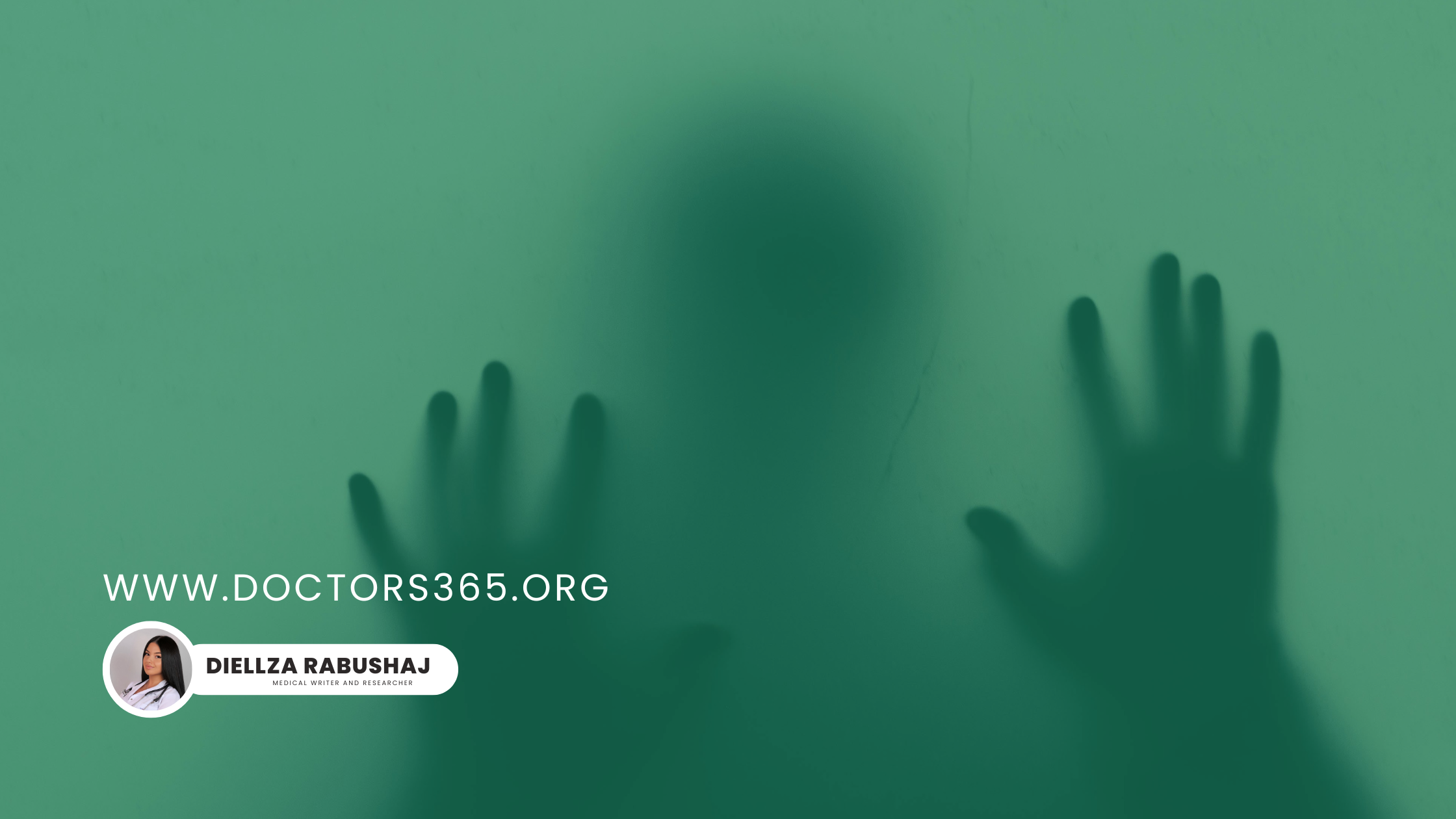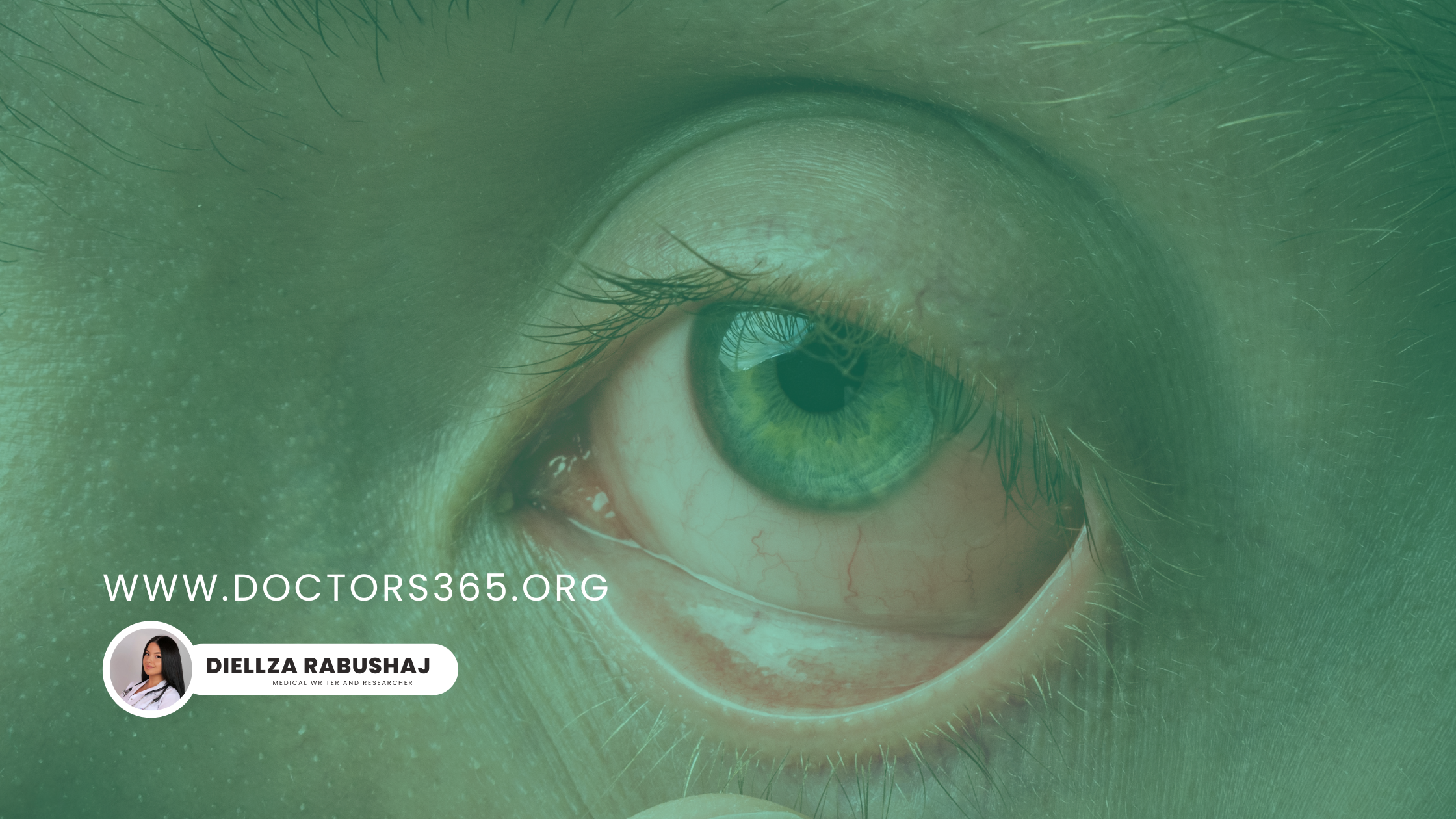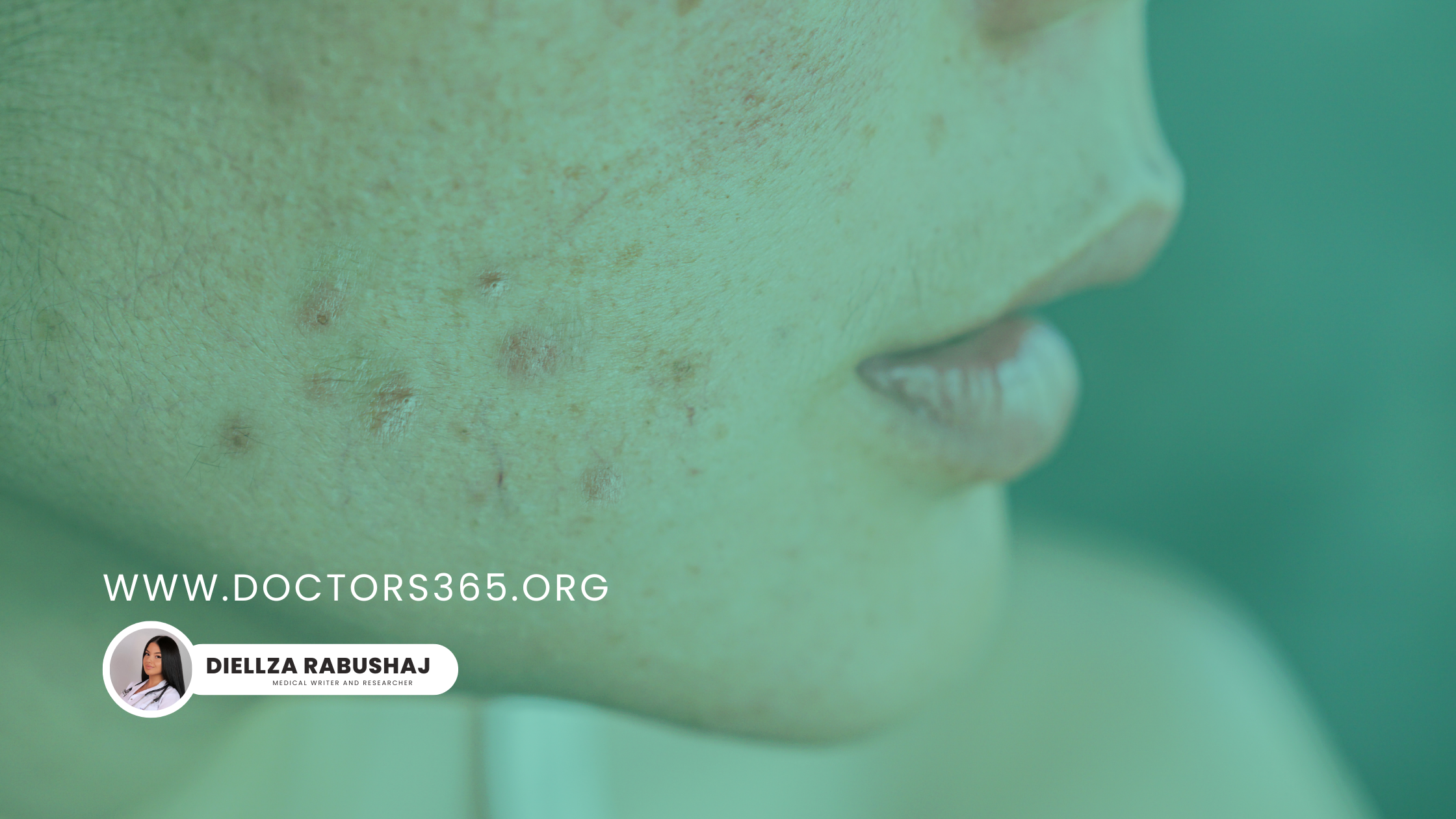
Mental Health & Psychiatry
The Power of Jungian Psychoanalysis
Jungian psychoanalysis explores the unconscious through dreams and archetypes; learn who benefits and evidence behind this therapy.
Jungian psychoanalysis, or analytical psychology, is a form of psychodynamic therapy that probes the unconscious mind to reveal hidden patterns and promote personal growth. It uses dream analysis, active imagination and mythic archetypes to help patients integrate disowned aspects of themselves. Naturalistic studies in Germany and Switzerland show lasting improvements in symptoms, personality structure and daily functioning after about 90 sessions.
Telemedicine is not a substitute for emergency care. If you or someone else is in immediate danger or having thoughts of self‑harm, call the local emergency number (e.g., 112 or 911) or go to the nearest emergency room. For emotional distress or suicidal thoughts, the 988 Suicide & Crisis Lifeline offers free, confidential help 24/7 [6].
TL;DR
- What it is: Jungian psychoanalysis (also called analytical psychology) explores how unconscious archetypes, dreams and past experiences shape feelings and behaviour. It is a form of psychodynamic therapy [1].
- Who may benefit: People with chronic depression, personality difficulties, anxiety, trauma, grief or a desire for deeper self‑understanding. Studies show significant improvements in symptoms, personality structure and daily functioning after about 90 sessions [2].
- Evidence: Naturalistic studies report lasting benefits and reduced health‑care utilisation [2]. Meta‑analyses find psychoanalytic therapy comparable to other treatments but superior to no treatment [3], while internet‑delivered versions yield small but meaningful improvements [4].
- Limitations: Evidence quality varies; therapy is long term and may not be first‑line for acute crises. For children and adolescents, guidelines recommend cognitive‑behavioural or family‑based approaches first [5].
- How Doctors365 helps: Our platform connects you with licensed psychiatrists and psychotherapists for non‑emergency consultation. You can discuss whether Jungian or other therapies suit your needs, and get referrals for in‑person care if required.
What is Jungian Psychoanalysis?
Jungian psychoanalysis, developed by Swiss psychiatrist Carl Jung, is a branch of psychodynamic therapy. It emphasises the unconscious mind, which holds hidden thoughts and memories that influence behaviour [1]. Unlike Freudian psychoanalysis, Jungian therapy stresses personal growth, creativity and the collective unconscious—a shared reservoir of archetypes (universal patterns or symbols, such as the shadow or the hero) [1]. Key techniques include:
- Dream analysis: Exploring dreams to uncover hidden desires, fears and conflicts [1].
- Active imagination: Dialoguing with inner images or symbols through art, journaling or visualization.
- Exploring archetypes and myths: Identifying recurring themes in stories, art and personal narratives to understand inner dynamics.
- Transference and counter‑transference: Recognising how feelings towards important people are unconsciously projected onto the therapist [1].
The goal is to integrate unconscious aspects into conscious awareness, fostering psychological balance (individuation). Sessions are typically one to three times per week over several months or years.
Who Uses Jungian Therapy?
Types of conditions and people seeking help
Naturalistic studies in Germany and Switzerland show that Jungian therapy attracts patients with depressive disorders (≈57 %) and personality disorders (≈47 %); treatments last around 35 months (about 90 sessions) [2]. People may also seek analytic therapy for:
- Anxiety or trauma
- Relationship difficulties or recurring patterns
- Low self‑esteem or lack of meaning
- Chronic physical symptoms linked to psychological stress
Risk factors for needing therapy
- Genetic predisposition: family history of mood or personality disorders
- Early trauma or neglect
- Chronic stress, workplace burnout or caregiving burden
- Major life changes such as divorce, bereavement or retirement
If you notice persistent low mood, anxiety, nightmares or troubling relationship patterns, it may be worth talking to a mental health professional. Remember that children and adolescents may require different approaches; NICE guidelines favour cognitive‑behavioural and family therapies as first‑line treatments for youth [5].
Signs and Red Flags
Jungian therapy suits people ready for deep self‑exploration, but it isn’t appropriate for emergencies. Use the table below to distinguish between concerns that may be addressed in therapy versus signs requiring urgent care.
Seek immediate help if you or someone you care for is in crisis. In life‑threatening situations, call 112/911 or go to the nearest emergency department. In the United States, the 988 Suicide & Crisis Lifeline provides free, confidential support 24/7 via call or text [6].
How is Jungian Therapy Assessed and Diagnosed?
Mental health professionals use structured interviews and questionnaires to assess symptoms. Standard tools like the Patient Health Questionnaire‑9 (PHQ‑9) for depression or the Generalized Anxiety Disorder 7 (GAD‑7) help measure severity. In research, Jungian therapists also use Operationalized Psychodynamic Diagnostics (OPD) to classify unconscious conflicts, ego structure and interpersonal patterns [2]. A diagnostic session may involve:
- Medical and psychological history, including current symptoms and past treatments.
- Exploration of dreams and personal narratives to identify archetypes and complexes.
- Personality assessment, such as identifying introversion vs. extraversion.
- Discussion of goals and readiness for long‑term work.
Telemedicine limitations: Teleconsultations can screen for mood symptoms and discuss suitability for therapy, but they cannot perform full personality diagnostics or provide emergency care. In‑person sessions may be necessary for comprehensive assessment, especially for severe conditions.
Treatment Options
Jungian Psychoanalysis
Naturalistic outcome studies report that Jungian therapy leads to significant improvements in symptoms, interpersonal problems and personality structure, with benefits maintained for up to six years [2]. Average treatment involves about 90 sessions, making it a long‑term, low‑frequency therapy [2]. Health‑care utilisation often falls below general population levels after treatment [2].
Typical session structure includes:
- Meeting once or twice per week for 50–60 minutes.
- Discussing dreams, fantasies, artwork or journal entries.
- Analysing transferences and resistance patterns.
- Encouraging creative expression through art, movement or writing.
Psychodynamic and Psychoanalytic Therapies
Psychodynamic therapy shares many features with Jungian analysis but may be shorter and focus more on current relationships. A recent meta‑analysis found that for young adults, psychoanalytic therapy produced no significant differences in outcomes compared with other therapies such as cognitive‑behavioural therapy (CBT); however, it showed a large improvement compared to waiting‑list or usual‑care controls (SMD ≈ −1.24), and the effects persisted at follow‑up (SMD ≈ −0.75) [3]. The authors noted high heterogeneity and called for more high‑quality trials [3].
Internet‑Delivered Psychodynamic Therapy (iPDT)
Online psychodynamic therapy provides structured modules and therapist feedback via digital platforms. A systematic review of seven randomized controlled trials involving over 1,000 participants found small effect sizes favouring iPDT for main outcomes (Hedges g ≈ 0.44), depression (g ≈ 0.46) and anxiety (g ≈ 0.20) [4]. Within‑group improvements ranged from g = 0.32 to 0.99, and benefits were maintained or increased at follow‑up [4]. These findings suggest that internet‑based psychodynamic therapy can be a promising option, especially when in‑person treatment is not available.
Alternative and Complementary Therapies
- Cognitive‑Behavioural Therapy (CBT): Often first‑line for depression and anxiety; focuses on changing unhelpful thoughts and behaviours.
- Interpersonal Therapy (IPT) and Family Therapy: Particularly effective for adolescents; NICE recommends CBT first, with IPT or psychodynamic therapy as second‑line options [5].
- Medication: Antidepressants, mood stabilisers or antipsychotics may be prescribed alongside therapy by a psychiatrist.
- Mindfulness and creative practices: Meditation, yoga, painting or music therapy can complement analytic work.
When to Escalate
If symptoms worsen despite therapy, if you experience new psychosis or suicidal thoughts, or if you’re unable to engage in daily activities, seek urgent medical evaluation. Sometimes short‑term intensive therapy, inpatient care or a different therapeutic approach may be necessary.
Safety, Contraindications and Interactions
- Not for acute crises: Jungian analysis is not appropriate for immediate danger, active psychosis, severe substance use disorder or unmedicated bipolar disorder.
- Emotional intensity: Digging into unconscious material can initially increase anxiety or distress. An experienced therapist monitors your tolerance and adjusts the pace.
- Medication interactions: Therapy can be combined with psychotropic medications. Consult a psychiatrist for dosing; do not stop medications without medical advice.
- Time and cost: Analysis is long term; discuss financial considerations and realistic goals at the outset.
Lifestyle and Prevention Tips
Maintaining mental health involves more than therapy. Consider these evidence‑supported strategies:
- Regular sleep, nutrition and exercise: Adequate rest and physical activity regulate mood and stress hormones.
- Social connections: Build supportive relationships; feelings of loneliness are linked to depression and anxiety.
- Mindfulness and journaling: Cultivate self‑awareness through meditation, prayer or reflective writing.
- Creative expression: Drawing, painting, dance or music can help process emotions and access unconscious themes.
- Limit substance use: Alcohol and drugs can worsen mood disorders and interfere with therapy.
- Set boundaries: Manage stress by balancing work, study and personal time.
Telemedicine Fit and Doctors365
Telemedicine allows you to connect with qualified mental health professionals from the comfort of home. At Doctors365, our team includes experienced clinicians such as Dr Andreas Mussigbrodt MD, Prof. Michael Akbar Dr. med., Dr Chritos Tzivinikos and Dr Helena Class. During an online consultation, a doctor can:
- Screen for depression, anxiety or trauma using validated questionnaires.
- Discuss whether Jungian or other psychotherapies are appropriate for your goals.
- Provide referrals for in‑person analytic therapy or psychiatric evaluation.
- Monitor progress and coordinate care with your local providers.
Telemedicine is ideal for non‑emergency consultation and follow‑up. It cannot replace emergency services; always call local emergency numbers if you or someone else is in immediate danger [6].
Ready to talk? Book an online consultation today or explore our Specialties to find the right clinician. You can also learn more about our mental health services, psychiatry and counselling and patient resources.
Evidence at a Glance
- Significant long‑term benefits: Naturalistic studies show improvements in symptoms, personality structure and daily function with Jungian therapy, maintained for up to six years [2].
- Typical course: Average of 90 sessions over ~35 months with low‑frequency scheduling [2].
- Effect size vs control: In young adults, psychoanalytic therapy shows a large benefit compared to waiting lists (SMD ≈ −1.24) and sustained effects at follow‑up (SMD ≈ −0.75) [3].
- Comparable to other therapies: No significant differences between psychoanalytic therapy and other evidence‑based therapies such as CBT [3].
- Digital delivery: Internet‑delivered psychodynamic therapy yields small but significant improvements for depression, anxiety and quality of life [4].
- Youth guidelines: For moderate to severe depression in adolescents, CBT is first‑line; psychodynamic and family therapies are considered second‑line due to limited evidence [5].
- Emergency support: For suicidal or emotional crises, call emergency services or the 988 Suicide & Crisis Lifeline, which offers 24‑hour confidential help [6].
What You Can Do Now
- Reflect on your needs: Write down recurring dreams, emotional triggers or patterns you’d like to explore.
- Complete a screening: Use simple tools like the PHQ‑9 or GAD‑7 to assess mood and anxiety levels.
- Consult a professional: Book an online consultation with a mental health specialist at Doctors365 to discuss therapy options.
- Create a support network: Share your feelings with trusted friends or family members; consider joining support groups.
- Plan for emergencies: Save local emergency numbers and the 988 Lifeline in your phone. Inform a close contact about your mental health plan.
- Practice self‑care: Engage in creative or mindfulness activities to foster self‑awareness between sessions.
- Set realistic goals: Therapy is a journey; discuss timelines and expectations with your clinician.
Frequently Asked Questions
What is the difference between Jungian and Freudian psychoanalysis?
Freudian psychoanalysis emphasises sexual and aggressive drives and uses free association and interpretation of the id, ego and superego. Jungian analysis broadens the scope to include the collective unconscious and archetypes, focusing on individuation and balance [1]. It also incorporates myth, art and spirituality.
How long does Jungian therapy take?
Analytical therapy is generally long term. Naturalistic studies report an average of 90 sessions over about three years [2], though some people continue for shorter or longer periods depending on their goals and resources.
Is Jungian psychoanalysis evidence‑based?
Yes and no. Prospective studies show significant improvements in symptoms and personality structure after Jungian therapy [2], and health‑care utilisation decreases to below population averages. However, randomised trials are scarce. A 2024 meta‑analysis found no significant differences between psychoanalytic and other therapies, though results were significantly better than no treatment [3]. More high‑quality research is needed.
Can I do Jungian therapy online?
Online psychodynamic programmes exist and show small but significant improvements for depression, anxiety and quality of life [4]. However, the depth of Jungian analysis often requires a stable, in‑person therapeutic relationship. Discuss your goals with a qualified therapist to determine whether digital or face‑to‑face sessions suit you.
Does insurance cover Jungian analysis?
Coverage varies. In some countries, long‑term analytic therapy may be reimbursed through public insurance; in others, it is considered elective. Naturalistic studies suggest the therapy is cost‑effective because healthcare utilisation decreases after treatment [2]. Check with your insurer and discuss payment plans with your therapist.
What should I expect in a session?
Sessions typically last 50–60 minutes. You might discuss recent dreams, emotions, relationships or creative work. The therapist listens attentively, reflects on themes and explores unconscious dynamics through questions and interpretations. Over time, you learn to recognise patterns and integrate disowned parts of yourself.
Is Jungian therapy suitable for children or adolescents?
Evidence for young people is limited. NICE guidance recommends CBT as first‑line therapy for moderate to severe depression in adolescents; family or psychodynamic therapy may be considered second‑line options [5]. Jungian techniques such as art therapy or sandplay may be adapted for children, but always seek a specialist in child and adolescent mental health.
When should I seek urgent help instead of therapy?
If you experience suicidal thoughts, self‑harm, psychosis or inability to care for yourself, seek immediate medical attention. Call your local emergency number or the 988 Suicide & Crisis Lifeline for confidential support [6]. Therapy is not a substitute for emergency care.
References
- Opland C, Torrico TJ. Psychodynamic Therapy. StatPearls. 2024 Sep 2. Available from: https://www.ncbi.nlm.nih.gov/books/NBK606117/.
- Roesler C. Evidence for the Effectiveness of Jungian Psychotherapy: A Review of Empirical Studies. Behav Sci (Basel). 2013;3(4):562‑575. doi:10.3390/bs3040562
- Trotta A, Gerber AJ, Rost F, et al. The efficacy of psychodynamic psychotherapy for young adults: a systematic review and meta-analysis. Front Psychol. 2024;15:1366032.
- Lindegaard T, Berg M, Andersson G. Efficacy of Internet‑Delivered Psychodynamic Therapy: Systematic Review and Meta‑Analysis. Psychodyn Psychiatry. 2020;48(4):437‑454.
- National Institute for Health and Care Excellence (NICE). Individual research recommendation details: depression in children and young people – moderate to severe depression [NG134/3]. 2019. Available from: https://www.nice.org.uk/researchrecommendation/family-therapy-interpersonal-psychotherapy-for-adolescents-and-psychodynamic-psychotherapy.
- National Institute of Mental Health (NIMH). Help for Mental Illnesses. 2024 Feb. Available from: https://www.nimh.nih.gov/health/find-help.
Written by Diellza Rabushaj, Medical writer and researcher.
Recommended articles for You

Jungian psychoanalysis explores the unconscious through dreams and archetypes; learn who benefits and evidence behind this therapy.

Conjunctivitis: Causes, Symptoms & Treatment | Doctors365

Doctors365 makes acne care simple—expert dermatologists online, backed by the latest global research.